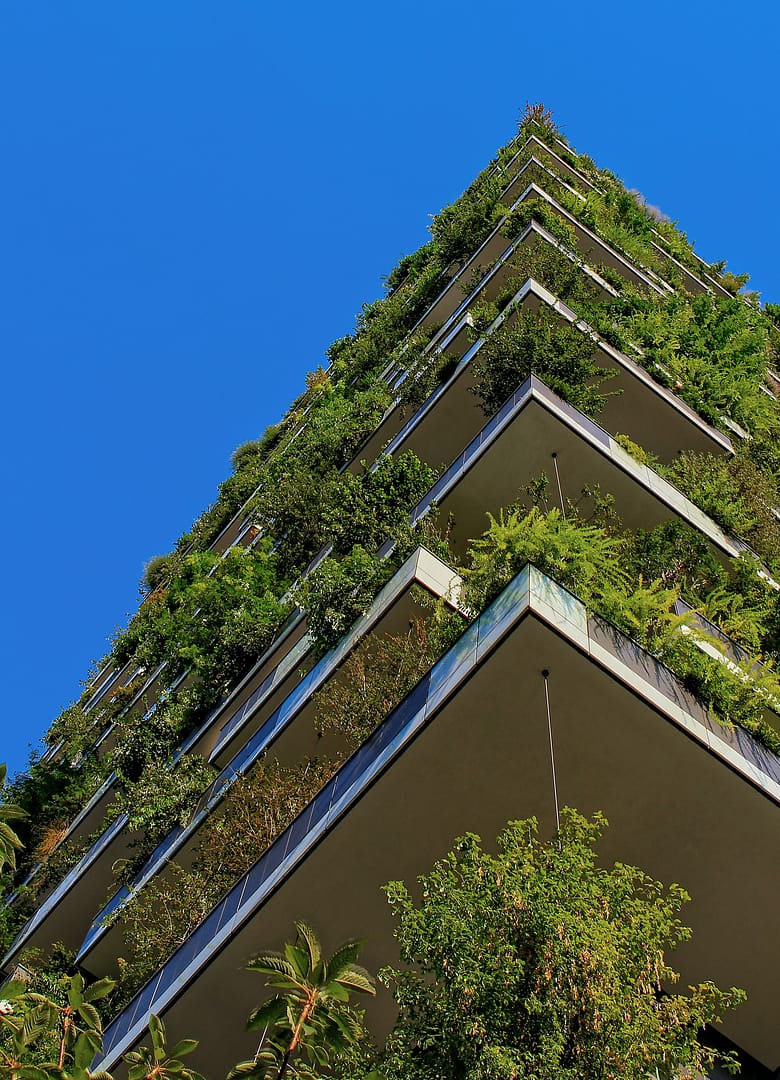Introduction
Sustainable development is a concept that has gained immense importance in the modern world. With growing concerns about climate change, resource depletion, and environmental degradation, nations around the globe are actively seeking ways to balance economic growth with ecological preservation. One region that has taken significant strides in this endeavor is the European Union (EU). In this blog post, we will explore the remarkable journey of the EU towards sustainable development, its policies, initiatives, and the impact it has had on the continent and beyond.
Understanding Sustainable Development
Before delving into the EU’s efforts, it’s essential to grasp the concept of sustainable development. Sustainable development, as defined by the United Nations, is “development that meets the needs of the present without compromising the ability of future generations to meet their own needs.” In simpler terms, it’s about ensuring that our actions today do not harm the planet or hinder the well-being of future generations.

The EU’s Commitment to Sustainable Development – The European Green Deal
The European Union, comprising 27 member states, has been a global leader in promoting sustainable development. Its commitment to this cause is embedded in its core principles and policies.
- The European Green Deal: In December 2019, the EU launched the European Green Deal, a comprehensive roadmap to making the continent climate-neutral by 2050. This ambitious plan encompasses various measures to reduce greenhouse gas emissions, protect biodiversity, and foster circular economies.
- 2030 Climate Target Plan: As part of the Green Deal, the EU set an intermediate target of reducing emissions by at least 55% by 2030 compared to 1990 levels. This heightened commitment signifies the EU’s determination to take rapid action against climate change.
- Circular Economy Action Plan: The EU is actively working towards a circular economy, where resources are used efficiently, products are designed to last longer, and waste is minimized. This not only reduces environmental impact but also creates economic opportunities.
Policy Implementation and Impact
The EU’s dedication to sustainable development is not just on paper; it’s reflected in its policies and actions.
- Renewable Energy: The EU has been investing heavily in renewable energy sources, such as wind, solar, and hydropower. These investments have not only reduced carbon emissions but have also created a thriving renewable energy industry that provides jobs and contributes to economic growth.
- Protecting Biodiversity: The EU has set up the Natura 2000 network, which is the world’s largest coordinated network of protected areas. This network helps preserve Europe’s most valuable and threatened species and habitats.
- Sustainable Agriculture: Through the Common Agricultural Policy (CAP), the EU promotes sustainable farming practices that protect the environment, support rural communities, and ensure food security.
- Circular Economy: The EU has adopted various measures to promote a circular economy, including eco-design requirements for products, incentives for recycling, and reducing single-use plastics.
Challenges and Future Prospects
While the EU has made significant progress in sustainable development, it faces several challenges in the path ahead.
- Transition Costs: The transition to a sustainable economy may come with initial costs and adjustments, which some member states and industries might find challenging.
- Policy Implementation: Ensuring that member states effectively implement and enforce sustainable policies is an ongoing challenge.
- International Cooperation: As climate change and environmental issues are global, the EU needs to work collaboratively with other nations to achieve long-term sustainability goals.
- Innovation: Continuous innovation is vital to finding sustainable solutions. The EU must foster a culture of innovation to address emerging challenges.
Conclusion
The European Union’s commitment to sustainable development is not only commendable but also serves as a model for the world. By setting ambitious targets and implementing comprehensive policies, the EU is demonstrating its dedication to creating a better, more sustainable future for its citizens and the planet as a whole. While challenges remain, the EU’s journey towards sustainability is an inspiring example of what can be achieved through dedication, collaboration, and forward-thinking policies. As the world grapples with the urgent need for sustainable development, the EU’s efforts stand as a beacon of hope and a testament to the power of collective action.
